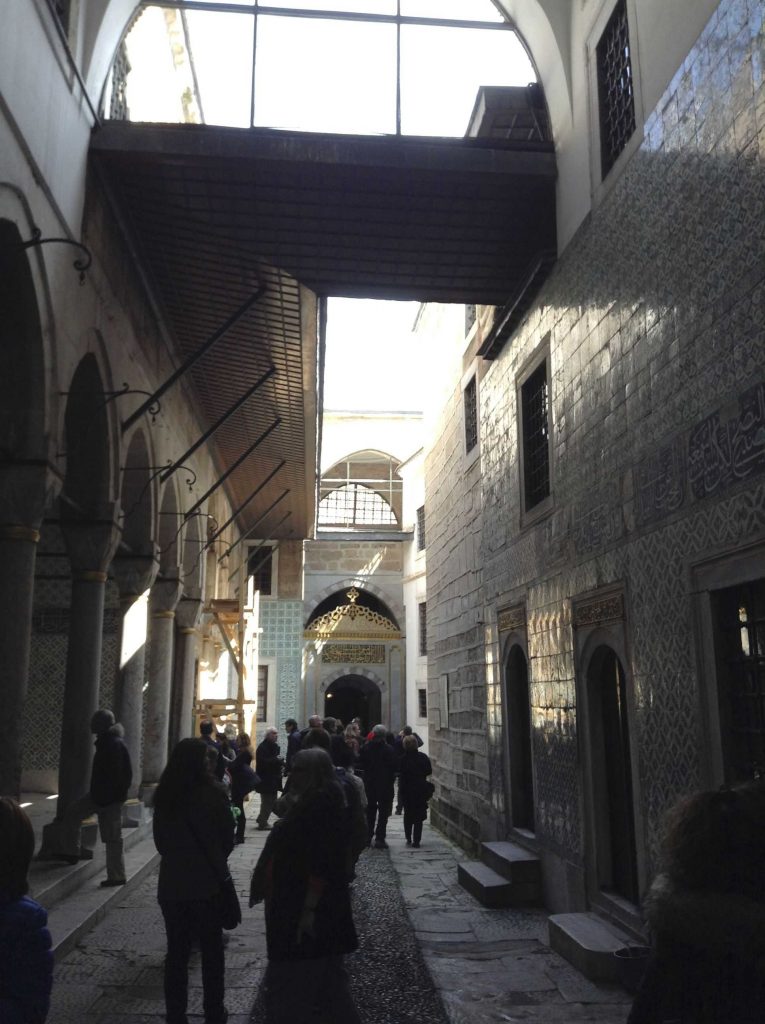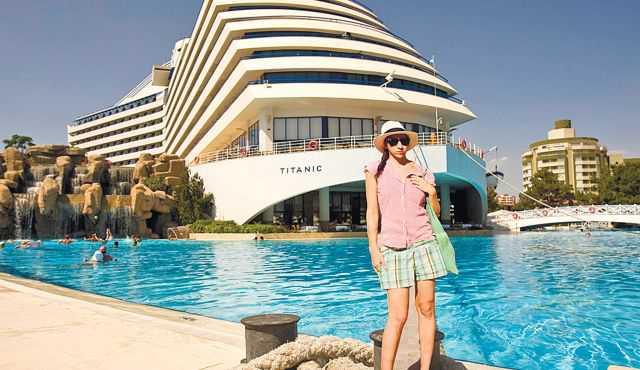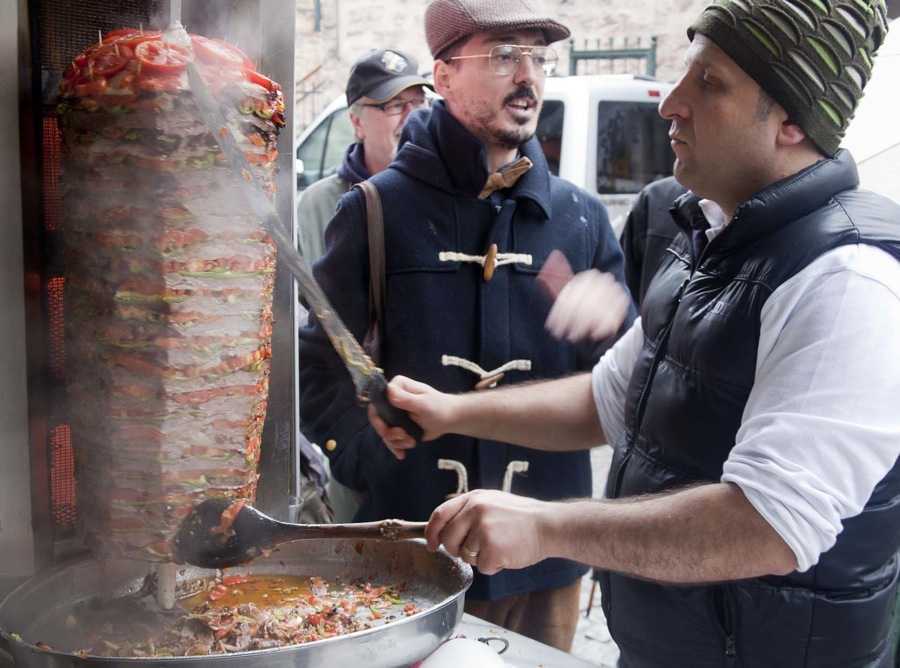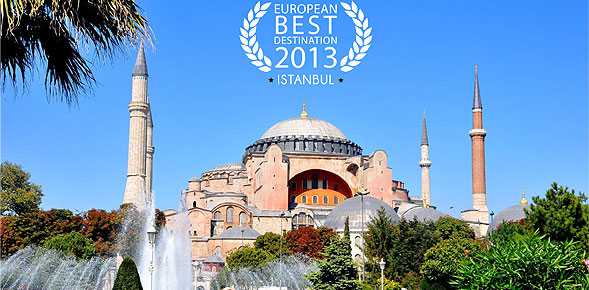Whenever I want to learn about someplace, or some different time, I usually go the mystery route—find some good mysteries about whatever I want to know about, and read them. Sometimes this is more a happy accident than by design. Such was the case with Jason Goodwin’s series about Istanbul in the 1830s, with their protagonist Yashim the eunuch. I picked the first one up one day, and have been hooked ever since. There are four now, all excellent. And one reason they’re excellent is what you learn about the place and the time—in the 1830s, the Ottoman Empire was under intense pressure from both the North, in the form of Russia, and the south, in the form of Egypt. There’s lots of politics, since Yashim essentially functions as an intelligence operative for the Palace. And a lot of the Palace politics gets clarified and elucidated by Yashim’s visits to the Harem. Well, he’s a eunuch (from particularly tragic circumstances), remember—he can go there.

And so can you or I, now—just get on line inside Topkapi Palace for the Harem—yes, the real Harem—and you’re in. It’s great. Talk about a warren of rooms—there are rooms and rooms, and alcoves, and passageways, and cul de sacs, and fountains and baths, and everything a Harem is supposed to have. The day we went was bright and sunny, so there was plenty of light, always a help. It’s still easy to forget that most of the world’s historic architecture and buildings were built when the world was still, in William Manchester’s wonderful phrase, lit only by fire.
We start out in the entrance hallway here, which gives a pretty good flavor of the whole place, even though it’s an outdoors area:
As we move along through the nooks and crannies, we see why the mythology of this place was so shrouded–because there’s not a single straight line in the place that goes anywhere. On the other hand, there are some stunning rooms and details:
With this as well–just one of many corners you want to peer around, just to see what’s there. And it’s probably just another corner:
So that was great. Imagine, the real Harem. If a Magic carpet had swooped down, it wouldn’t have surprised me one bit. And it fits with most of what else we’ve seen—mostly mosques, and mostly those designed by Sinan, mentioned yesterday as the dean of mosque architecture. Two in particular stand out. The first, Seyzadi Camii, was commissioned by Suleyman following the death of his son. The second was the mosque named for Suleyman, the Sulimaniye Mosque, which is the grandest mosque compex in Istanbul. When I say complex, that’s because that’s what they were. These large complexes contained a bit of everything—the mosque, of course, but also a whole lot else–tombs (turbes); the schools, including the college for religious instruction (the medrese); the kitchens (usually for feeding not just the residents of the schools and the priests, but also the poor of the neighborhood); a hamam for public bathing; a cesme, or public fountain; a library, stables and a han (business center). These were often large and costly to erect, but there are many of them, largely as a result of Islamic inheritance laws, which prevented leaving one’s entire estate to one’s children. We’re have some pictures of these two mosques in the next post.
We had another stunningly lovely day today, which we put to good effect by taking a ferry over to the Asian side. We then got to wander around a bit, noticing that the Asian side looks pretty much exactly like the European side. So we ambled north to the little town of Kuzguncuk (which is still in Istanbul, so our transport pass still worked.) This is worth mentioning because of the lunch we had, at a place called Ismet Baba Restaurant.
Like every place that gets overrun with tourists, there are two kinds of Turkish food in Istanbul—there’s Turkish food for tourists, and then there’s Turkish food. We’ve mostly been eating the former, but with just a tiny bit of effort you can easily find the latter. The lunch we had yesterday, for example, where we went back in the kitchen and picked stuff out. Not a word of English was uttered in any of these exchanges. Today there was a little bit of English, but it didn’t really matter. This was a fish restaurant, so we had bluefish (which we picked out,) lightly battered and cooked in olive oil, with some yoghurt and aubergine salad on the side. Perfection, that’s what it was. The great meals are always the ones you didn’t really expect, aren’t they? Eating that meal, sipping a beer and gazing over the Bosporus, I felt we could get into this sort of lifestyle.
That’s a fantasy, of course—I’d go nuts after a couple of weeks. But, still, it’s nice to have these breaks. At the moment I’m sitting on the roof patio of the hotel, staring at the busy Bosporus and Golden Horn, with dozens of ferries scooting around, and the larger ships and tankers heading up to or down from the Black Sea. It’s not what it was in the 19th century, of course, but it’s a lot busier than London. There’s a whole lot of life here. Tomorrow, up the Bosporus again!
via Traveling to Istanbul (II)–the Harem and other delights | Scholars and Rogues.





